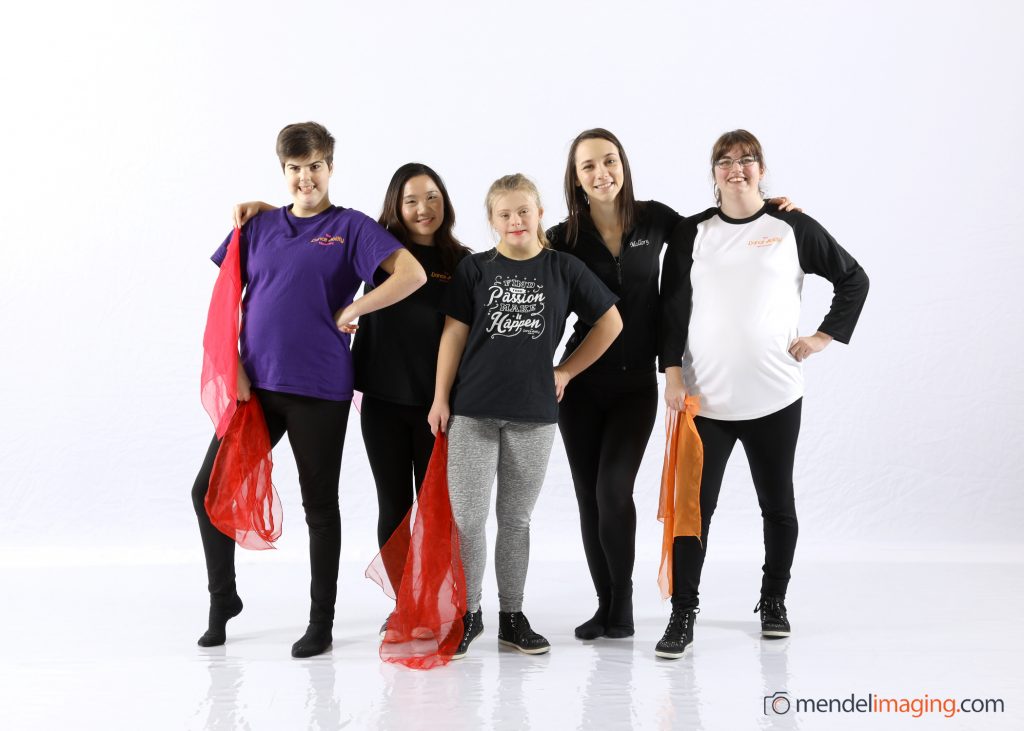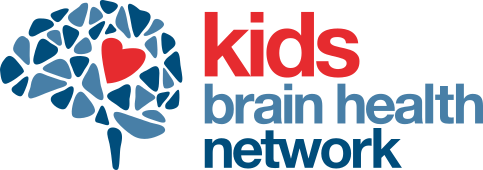
Family Engagement in Research
The purpose of this page is to introduce our community to family engagement in research. This page is a “hub” of information to introduce roles in research, connect you with organizations, and show you the value you have to offer as a parent or child in research!
Introducing Family Engagement in Research
The Canadian Institute of Health Research (CIHR) defines patient engagement as meaningful collaboration of patients in the conduct of research; it recommends integrating the patient perspective into each step of the research process. Family Engagement in Research is often used in the field of childhood disability research where ‘patient’ includes the child and their family. Different labels might be used (ie. patient-oriented research, patient engagement, family engagement, parent partner, etc.) because the ‘patient’ can include the patient themselves, family members or caregivers, or members of a community that have a research interest.
Did you know? Canada has a Strategy for Patient Oriented Research (SPOR) which was created by CIHR in 2011 in order to:
- fund research in areas of importance to patients
- create hubs of expertise in the provinces and territories that unite patients, caregivers, families, policy-makers, and health care providers
- build capacity in patient-oriented research and promote patient engagement
CIHR (2018)
Why is Family Engagement in Research Important?
Have you ever been invited to participate in a research study that you felt was not meaningful to you, not worth your time, or inaccessible for you or your child to participate? THAT is why Family Engagement in Research is important – we need families who can be involved with research at ALL levels (designing studies, recruitment, dissemination of results), and not just at the participant level.
Family engagement adds value to researchers through providing perspectives and knowledge of people’s lived experience which can ultimately improve the impact of research. Did you consider that family engagement may also be empowering for you as a parent?
How do I get Involved?
There are many ways to get involved with research. Start by:
- letting your medical / rehab team know that you are interested
- sign up for newsletters/email lists with community associations related to your areas of interest
- join networks that support research
- find other parents (blogs, networks) who have research experience to connect with
We’ve included several Canadian resources and organization links below to get you started. If something interests you – reach out!
Canadian Pediatric Research Resources
References & Acknowledgements
Canadian Institutes of Health Research (CIHR). (2018). What is the Strategy for Patient-Oriented Research? Retrieved from https://cihr-irsc.gc.ca/e/51141.html
.
Content was created as part of the McMaster University, CanChild, and Kids Brain Health Network Family Engagement in Research Certificate of Completion Program. Copyright © 2020 (Mallory Ryan & Chelsea Hand). All Rights Reserved.
.
We would like to thank our instructors Dr. Andrea Cross, Donna Thomson and Connie Putterman as well as the participants of the Winter 2020 Family Engagement in Research program for their support in the development of our knowledge and resources.
.
Learn more about the Family Engagement in Resource Certificate Program offered through the below organizations here:
https://www.canchild.ca/en/research-in-practice/current-studies/family-engagement-in-research-course



